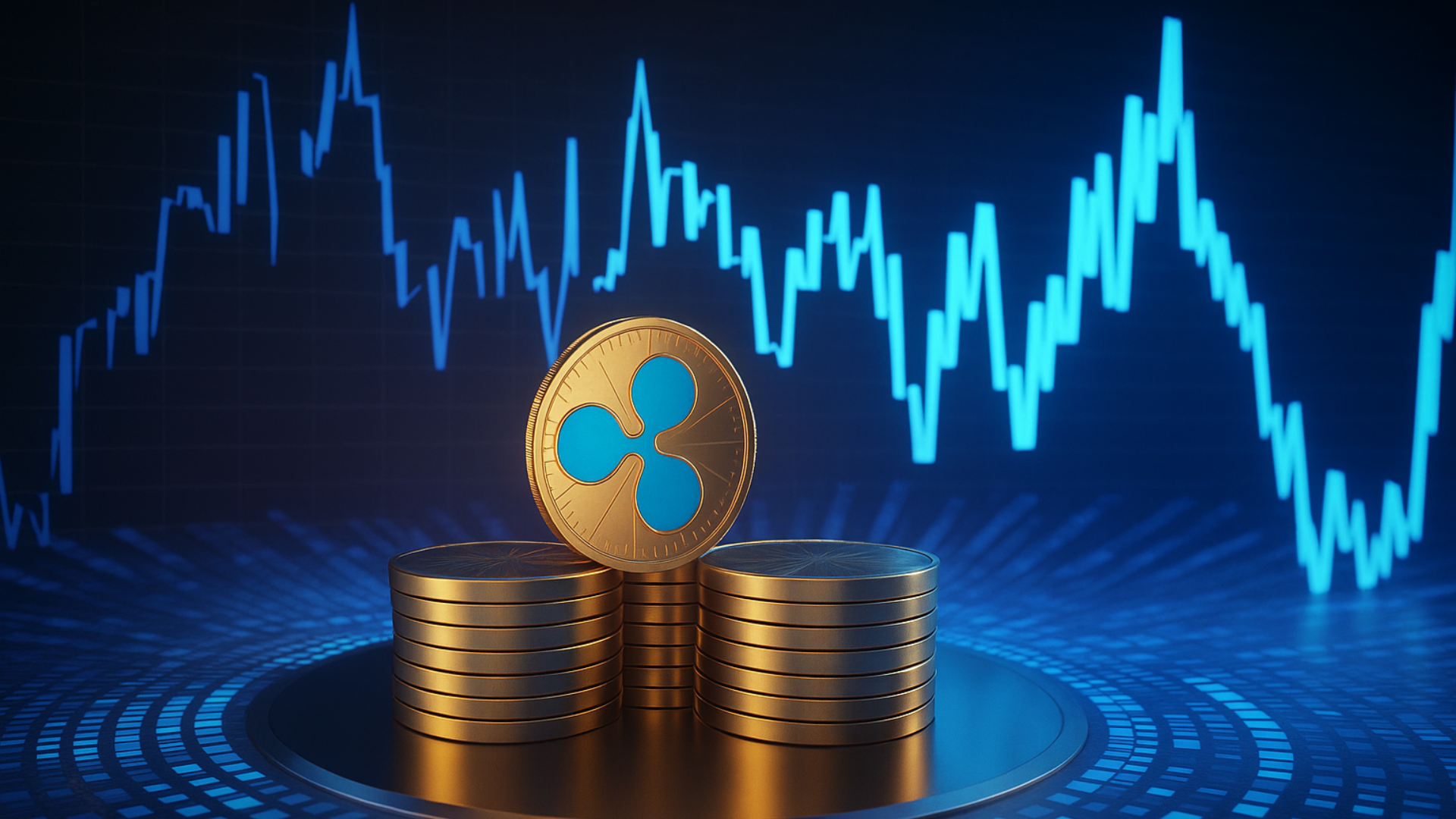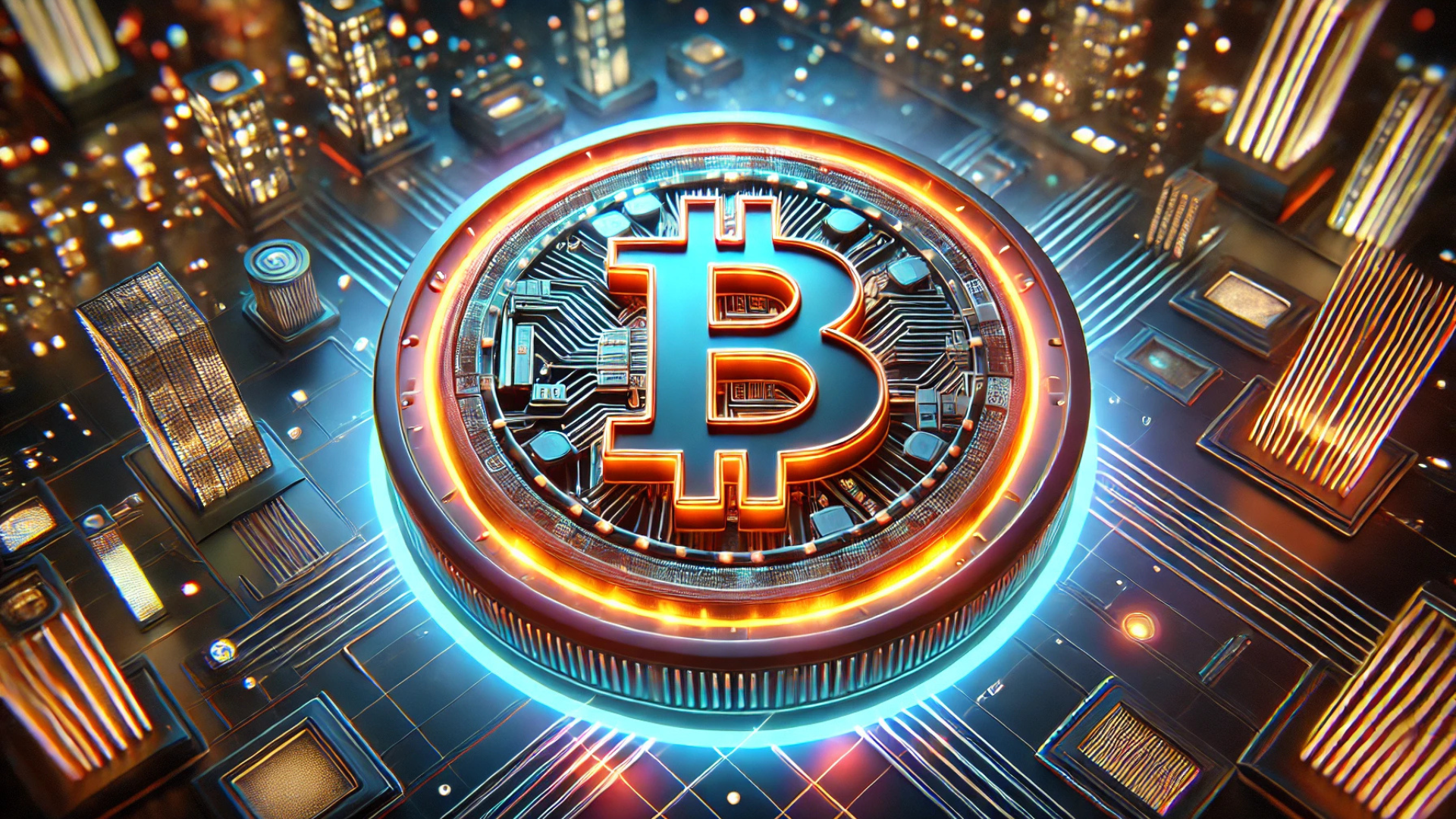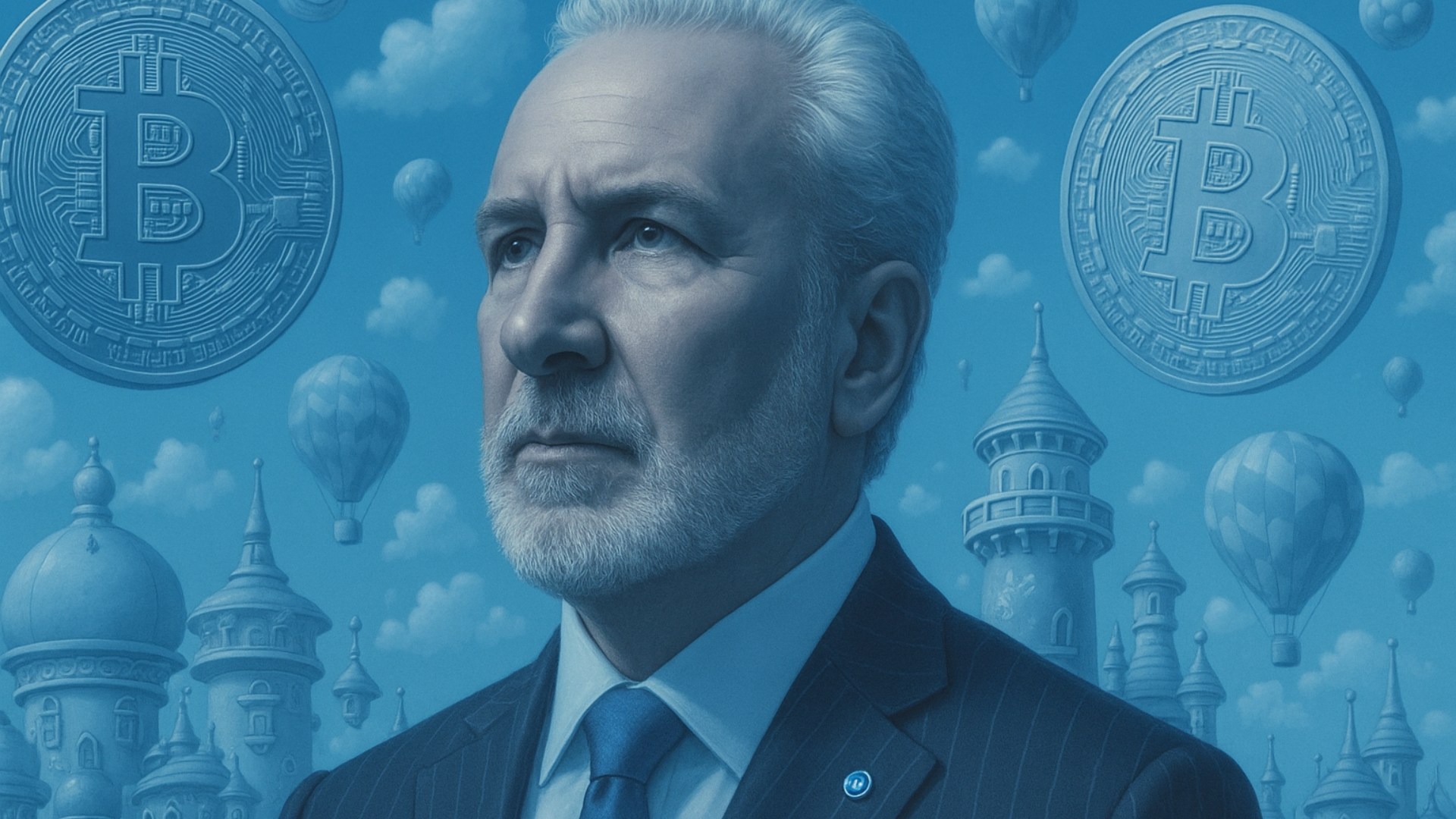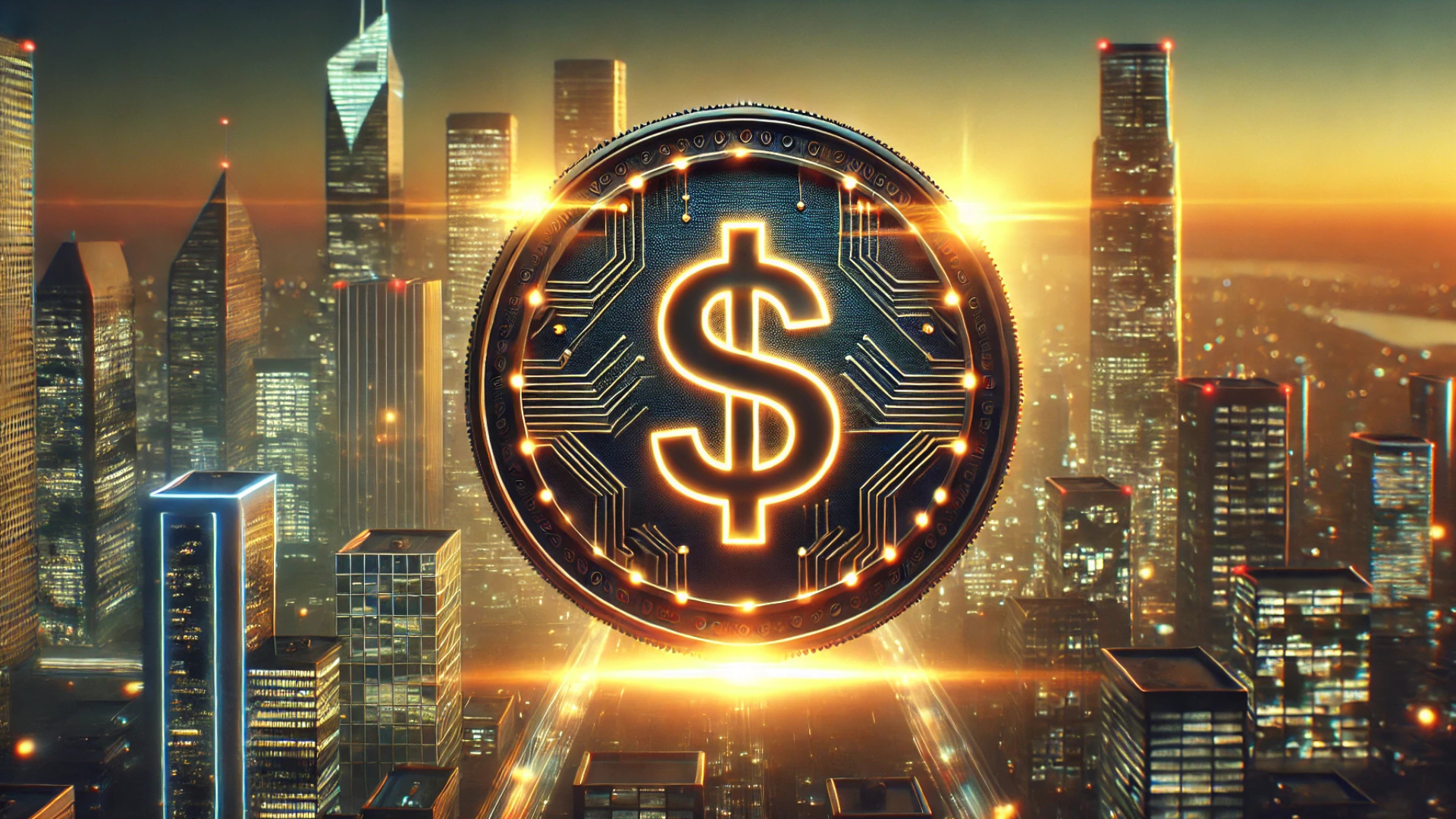
Galaxy Digital CEO Mike Novogratz believes Bitcoin’s recent rebound is not just the result of speculative interest but a broader signal of shifting confidence in traditional fiat currencies. Speaking during a segment on CNBC’s Squawk Box, Novogratz tied the rally in both Bitcoin (BTC) and gold to rising macroeconomic instability and the world’s gradual departure from the post–World War II financial framework.
“Bitcoin broadly does well with these kinds of macro conditions… unless there’s this kind of risk-off,” Novogratz explained. “And when there is chaos, new buyers disappear.”
Bitcoin as Both Hedge and Risk Asset
Novogratz highlighted the dual role of Bitcoin as both a geopolitical hedge, akin to gold, and a risk asset influenced by market sentiment and investor behavior. While BTC has historically performed well amid uncertainty, its recent performance reflects more than just market dynamics—it’s a response to global structural changes.
According to Novogratz, new U.S. tariff announcements, higher interest rates, and fiscal strategies emerging from Washington have all contributed to the current environment of financial unease. Retail participation in the BTC market has slowed, even as institutional adoption continues to advance. He noted that recent BTC trading appears to favor short-term speculation over long-term accumulation.
Gold Demand and Central Bank Behavior
The Galaxy CEO drew attention to gold’s rising demand, attributing the trend not to retail investors, but to foreign central banks. He called both Bitcoin and gold “report cards on financial stewardship,” suggesting that their rise reflects declining global confidence in fiat currencies—particularly the U.S. dollar.
Novogratz also predicted a BRICS-backed currency, potentially supported by gold, to emerge within the next 24 months. Such a development would signal a major break from reliance on Western monetary systems and could further erode the dominance of fiat currencies like the dollar.
“The U.S. Is Starting to Behave Like an Emerging Market”
In a more sobering warning, Novogratz argued that the U.S. economy is starting to behave more like an emerging market than a developed one—citing policy shifts that undermine long-term stability.
“I’m not saying we’ve gotten there yet,” he clarified. “It’s the early stages, and that should get us all nervous.”
He emphasized that while the government may be chasing noble goals like reducing inequality and managing deficits, such moves may come at the expense of long-term credibility and global trust.
“You can’t just wish away 30 years of global trade systems and supply chains,” Novogratz cautioned.
A Broader Global Reset?
Novogratz’s comments align with a growing consensus that both Bitcoin and gold are being repositioned in the global economy—not just as speculative assets but as symbols of monetary independence and alternative reserves. With de-dollarization discussions intensifying and decentralized assets becoming more mainstream, Novogratz sees these shifts as part of a larger financial reset in motion.





































































































































































































































































































































































































































































































































































































































































































































































































































































































































































































































































































































































































































